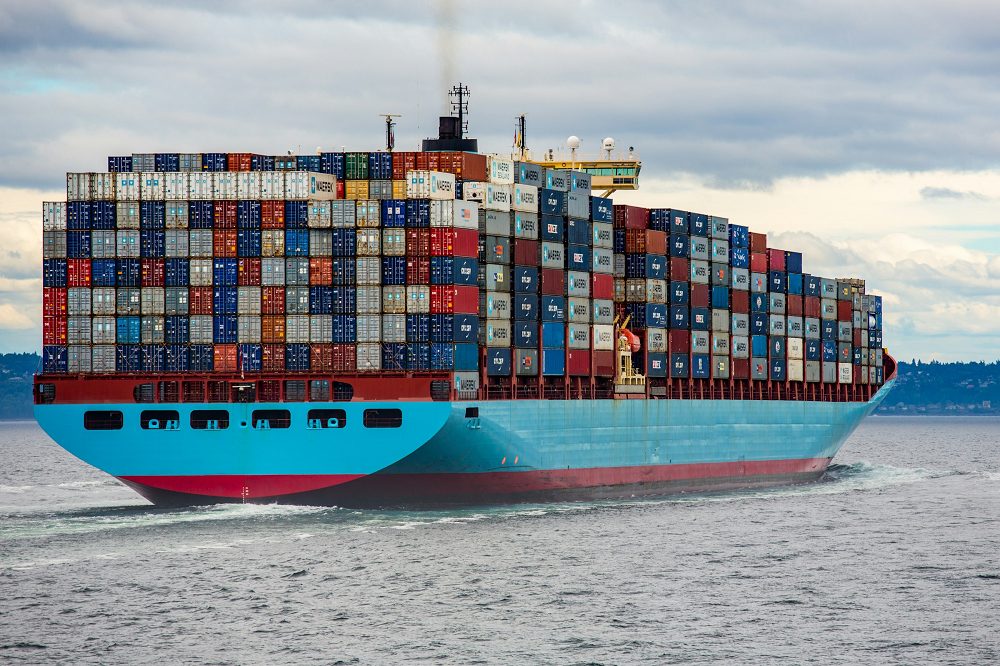A Focused Look at ReMA’s Trade Advocacy Efforts
Recycled materials play a crucial role in global manufacturing supply chains, but many critical components and equipment used by recyclers are only available from international suppliers. The recent trade policies and tariffs that have been implemented by the Trump Administration have created significant challenges for ReMA member companies, particularly those importing recycling equipment, machinery, and components.
ReMA’s trade advocacy efforts, led by Adam Shaffer, ReMA’s Vice President of International Trade and Global Affairs, focus on areas that will have the biggest impact on ReMA members and where ReMA will be a leader on the specific issue or issues.
“Recycled materials are critical for national security,” Shaffer said. “We want to be part of the solution; we support pro-manufacturing polices and agendas. There needs to be a nuanced understanding of the dynamics of global supply chains and manufacturing supply chains. Exports help reduce the U.S. trade deficit, support American jobs and American investment, and serve as an economic soft power by supporting American goods and ingenuity worldwide.”
This past spring ReMA lobbied federal agencies involved in the interagency process on the China Section 301 tariffs. Since these tariffs took effect on 2018, imports of shredder wear parts from China have been subject to an exclusion of these duties. ReMA and its member companies have actively worked in recent years to secure the continued extension of this exclusion. The exclusion was extended in May 2024 for one year, through May 31, 2025. It was then extended again for three more months and is now set to expire on August 31, 2025.
A top priority for ReMA the past several months has been the Commerce Departments Section 232 investigation on copper. Given the potential adverse impact of trade restrictions on recycled copper, ReMA has retained outside trade counsel to help the industry navigate the political and legal complexities of the Section 232 investigation. ReMA has submitted extensive public comments to the Commerce Department, emphasizing the limited domestic secondary smelting capacity and the harm that export restrictions would cause to U.S. copper recyclers.
In April, the Office of the United States Trade Representative (USTR) took targeted action to restore American shipbuilding and address China’s unreasonable acts, policies, and practices to dominate the maritime, logistics, and shipbuilding sectors. These responsive actions came after a year-long Section 301 investigation, which included USTR convening a two-day public hearing, receiving nearly 600 public comments, and consulting with government agency experts and USTR cleared advisors.
USTR scaled back several of the most excessive provisions in its final action, many of which ReMA specifically highlighted with the Administration. For example, instead of each vessel paying a fee for each port visit, the vessels will only be assessed the fee for each U.S. voyage, capped at a maximum of five assessments each year. Importantly for bulk shipments, the action exempts any Chinese-built vessels for bulk commodity exports on ships that arrive empty in the U.S.
“That was a big win for ReMA,” Shaffer said. “We spent a lot of time advocating to make sure everyone in the Administration was aware of the potential downsides, risks, and unintended consequences of those significant port fees, especially for exporters,” Shaffer said.
ReMA continues to lobby for and monitor areas concerning international trade that impacts recyclers and will continue to keep its members updated accordingly.
Photo by Ian Taylor on Unsplash.
